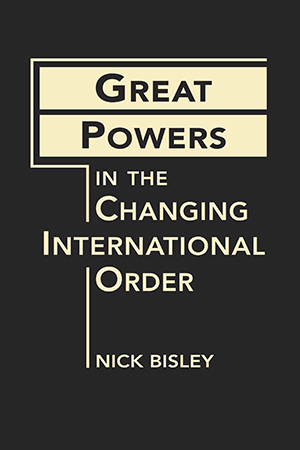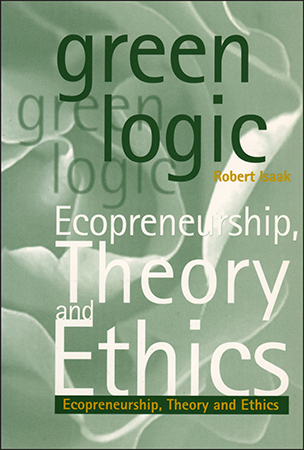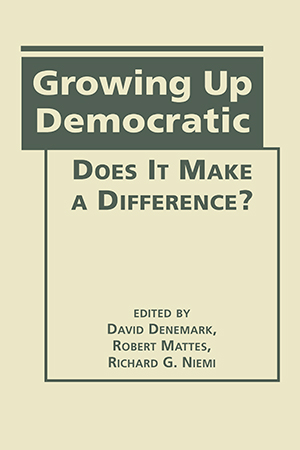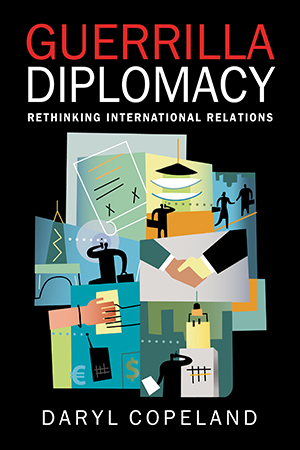BOOKS
Inspired by the scholarship of US critical theorist and feminist Nancy Fraser, Granting Justice draws on the stories of six South African women who rely on financial assistance programs for More >
Choice Outstanding Academic Book! This award-winning book presents a wealth of ideas for teaching African studies in a variety of disciplines. The authors present a wide range of More >
What does it mean to be a great power? What role do great powers have in managing international order, and is that role still relevant in a globalizing world? Are new great powers likely to More >
Current scholarship on civil wars and transitions from war to peace has made significant progress in understanding the political dimensions of internal conflict, but the economic motivations More >
Green Logic seeks to highlight the key questions regarding entrepreneurship and sustainability in terms of motivation, government intervention, and ethics. Robert Issak examines how More >
In the first half of the twentieth century, a small corner of southern New Jersey became the first and probably the only rural global village of its kind and size in America. Here, in a More >
What explains differing levels of support for democracy in postauthoritarian countries? Do young people value democracy simply because they have grown up with it? Or do older generations, More >
This widely used textbook is designed to introduce students with a background in micro- and macroeconomics to the challenging subject of development economics, enabling them to understand More >
Daryl Copeland charts the course for a new kind of diplomacy, one in tune with the demands of today's interconnected, technology driven world. Eschewing platitudes and broadly More >
Reflecting the growing interest among scholars and practitioners in the relationship between security affairs and economics, this new volume explores the nature of that relationship in the More >

















